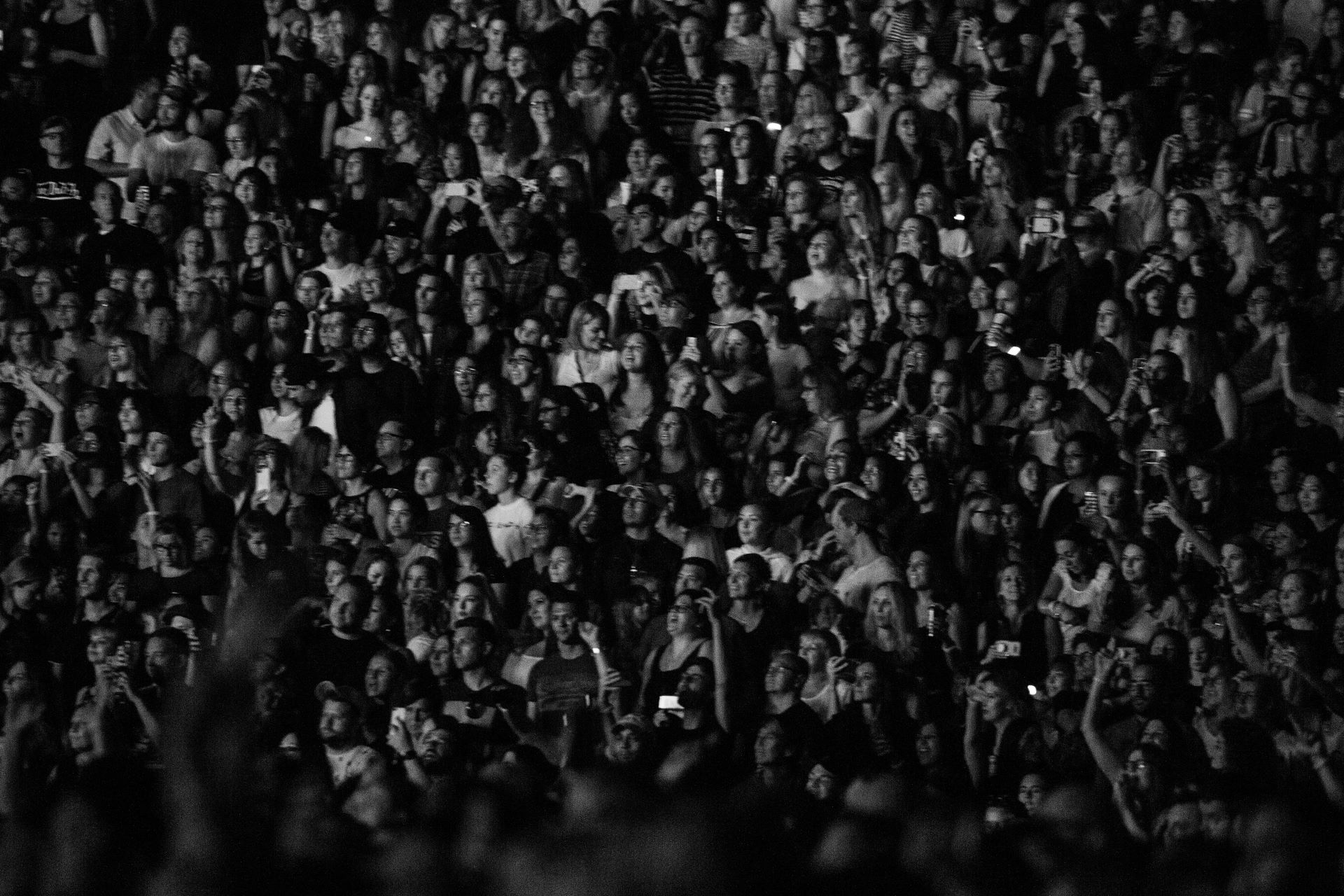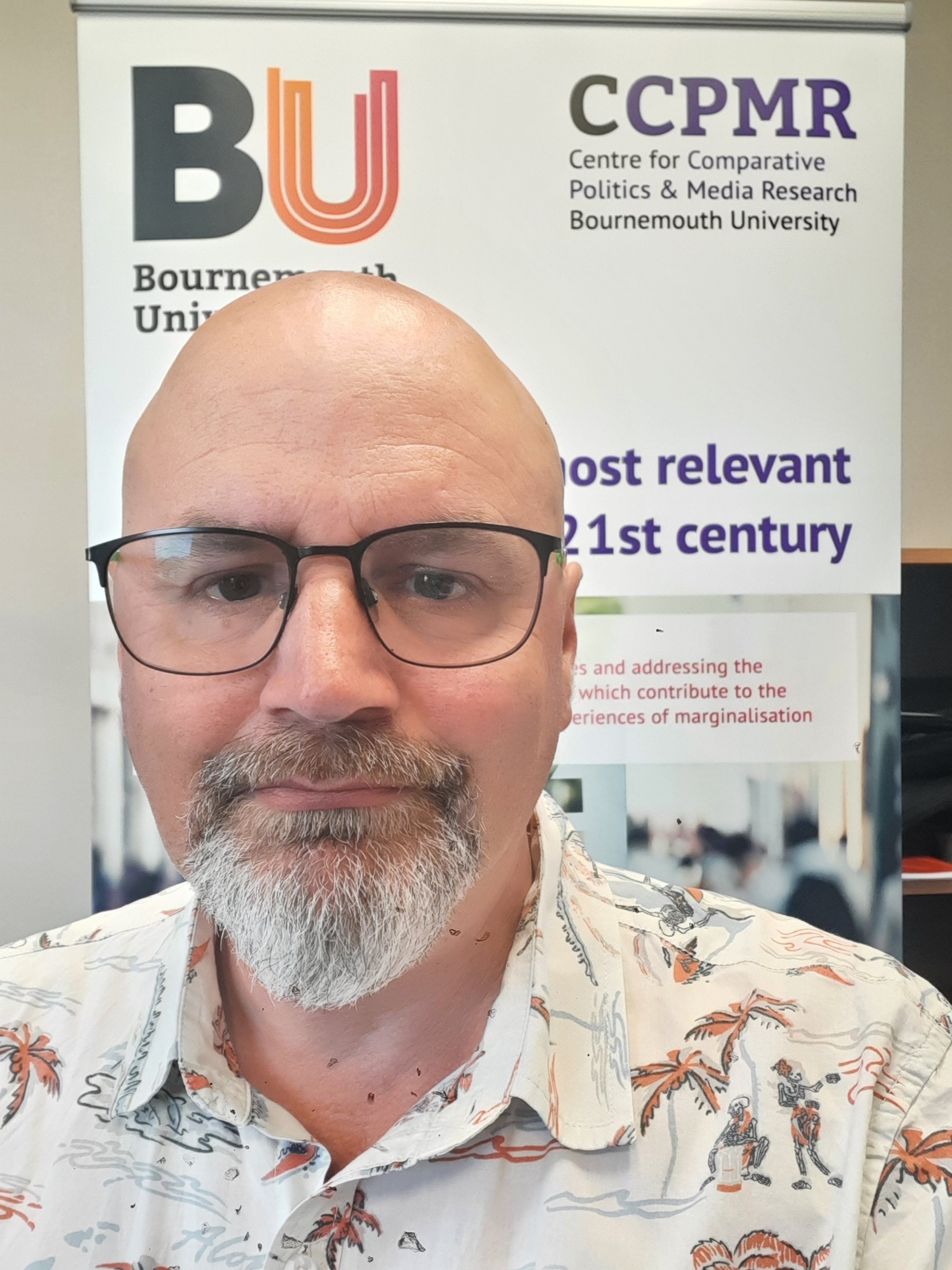OPINIONS
Anna Kynthia Bousdoukou
Beyond Spectators: Can we reconfigure representative democracy?

October 25 2023
Across many countries there seems to be a growing and deepening dissatisfaction with democracy. A Pew Research Center poll in 2022 showed majority satisfaction in Sweden, Singapore, Germany and the Netherlands (79-63% satisfaction respectively), 50/50 (dis)satisfied in the UK, Israel and Hungary, and a majority dissatisfied in France, Greece and Spain (56-68% respectively). Importantly across all the countries surveyed except Sweden, the majority said that people like them had no influence on politics. This suggests that many people feel like spectators of politics. Politics is something which is done to them, often not with their consent or any sense of having had an input.
One reason for the feeling of disempowerment is the way that representative democracy is done. In most countries, including the Swedish outlier, the only opportunity to have a say in politics is via the ballot box. Election outcomes are determined by some form of majoritarian selection. Seldom has a party formed a government having attained an overall majority of the votes of those who turnout, never mind the total electorate. Many countries also have a tradition of coalition governments, meaning that the actual program of the government is negotiated between two or more parties as they agree on the terms by which they will enter a governing partnership. All of these factors lead to a democratic deficit. Many are dissatisfied by the outcome of an election, many more may be dissatisfied by the program offered by the government that emerges. In simple terms, for many citizens, what they get is not what they voted for. Governments reneging on promises made during election campaigns compound this problem.
Representational gaps can be filled by civil society. A variety of influential non-governmental organisations, charities, protest groups and loose collectives operate within functioning democracies. Their role is to hold governments accountable and raise issues of particular salience among their stakeholders. But this sector is highly competitive and can actually extend the democratic deficit when some collectives wield greater power than others. For some citizens, their experience of democracy is feeling ignored and marginalized. Many citizens who feel this way may fall prey to the promises of populists who promise better representation for the ordinary citizen, though when elected populists often fail to deliver the closer representation many citizens seek.
The media, thinking firstly about radio, newspapers and television, can also fill representational gaps. Media can act as the eyes, ears and mouth of citizens. The scrutiny role journalism should normatively play is important in maintaining the accountability of governments. The ability of journalists to perform this role in a way that is inclusive of all views within a society is however highly dependent on a range of factors. The extent that media are free from political influence is crucial. However, even free media can offer partisan accounts. Journalism also faces difficulties over resourcing its work, and hence can be increasingly reliant on freelancers or newsfeeds. News may no longer be gathered and assessed, but can come into a newsroom pre-packaged from a range of sources including governments and parties. Time-pressed journalists may not have the opportunities to factcheck all items, check for competing perspectives or consider the views of audiences. Media outlets also compete in an increasingly febrile attention economy where salacious and shocking news earns the most views and clicks. These factors mean the voices of poorly resourced citizens are squeezed out.
When the internet became a public resource, it was seen as the antidote to representational gaps. Indeed, there is significant potential for greater plurality of voices and thus greater influence. Citizens can have their say across multiple platforms, form collectives of like-minded individuals and build campaigns far more quickly and efficiently than was ever the case. However, Matthew Hindman’s critique, where he described digital democracy as a myth because everyone could have a voice but only a few could be heard is even more prescient today than when written in 2009. With so many contrasting voices competing for the attention of those with power, it is impossible to be heard. In fact, it can be easier for governments to dismiss the clamour of voices and resort to the argument that their democratic mandate is sufficient for them to determine policy unfettered by the opinions of the masses. Alongside the challenges many face with being heard, those who voice their political views can face bullying and trolling especially women or representatives of minority groups.
The problem is the chaotic nature of the information environment. Digital democracy is impossible within a fragmented social media system where power over visibility is in the hands of multinational actors. Politics is experienced by most citizens locally. But political decisions are taken centrally, many argue there is a division between the ‘bubble’ around parliament, often viewed as inhabited by elite political, business and media figures, and the cities and towns where people actually live. The satisfaction of greater numbers of Swedes than Hungarians is perhaps due to the decentralisation that is written into a system which promotes social investment for social mobility. The system is not perfect, and not free from challenge. However, if offers a view of how representative democracy can be reconfigured. What if the local layer of politics was the most important decision maker for the key services that people use daily. What if portals were created to allow citizens to make suggestions and view how their suggestions fed into decision making. What if central government managed the diplomatic side of politics but when focus on domestic policy allocated resources to local areas as needed. In theory many countries have this system, the problem is that local authorities often compete for resources, against other authorities, and there is minimal representational work taking place over fundamental areas of politics.
Governments and media organisations work in complex environments with growing, divergent and fragmented populations. But none of this means that consensus cannot be reached if citizens feel they can actually have influence. Many citizens feel they are not allowed to take on their citizenly responsibilities and so simply exercise what rights they feel they should have. The balance needs redrawing to ensure that citizens do not feel like spectators or even victims of politics, but participants in democratic processes.
Darren Lilleker, Professor of Political Communication, Bournemouth University, UK


